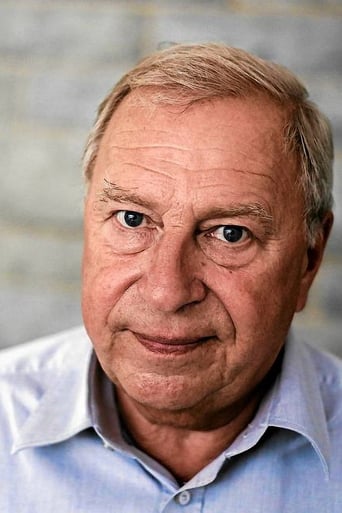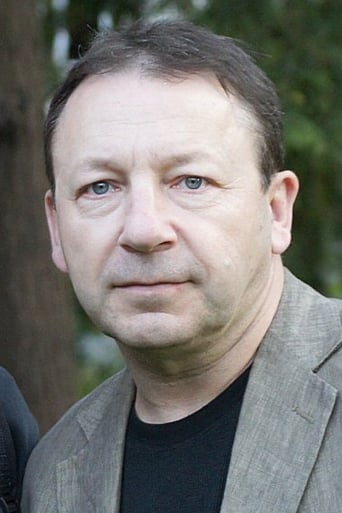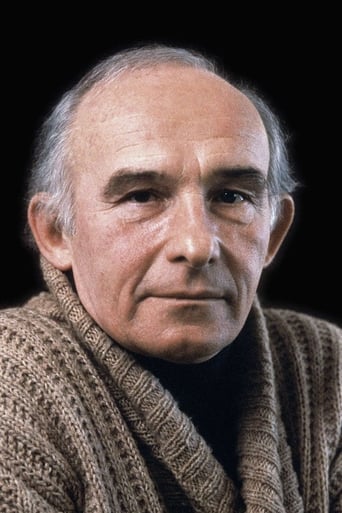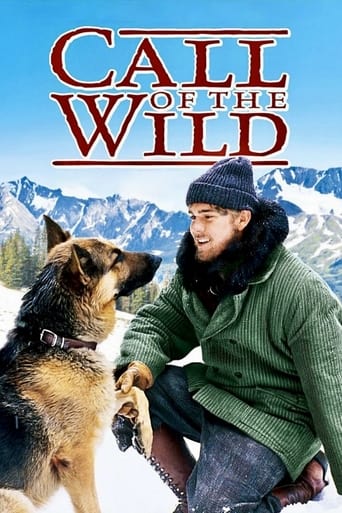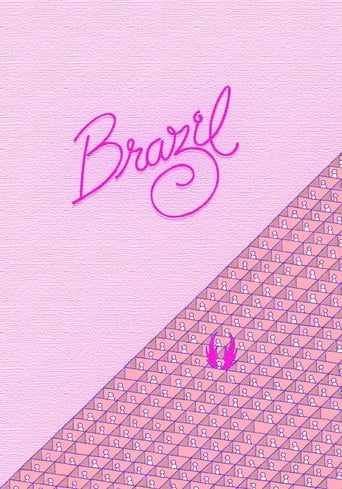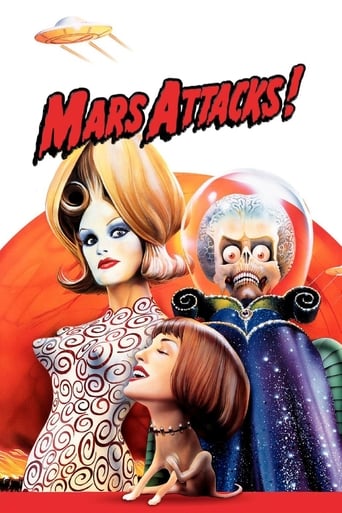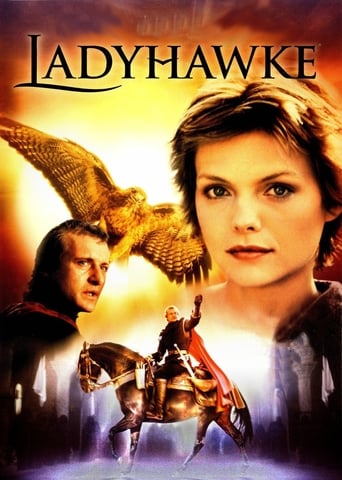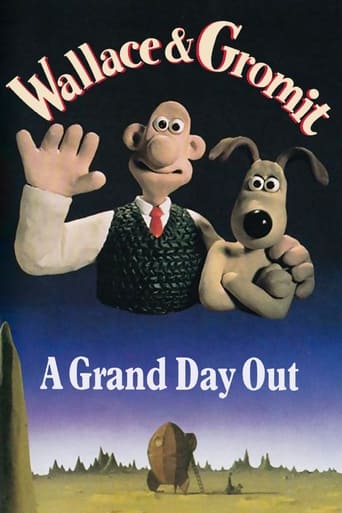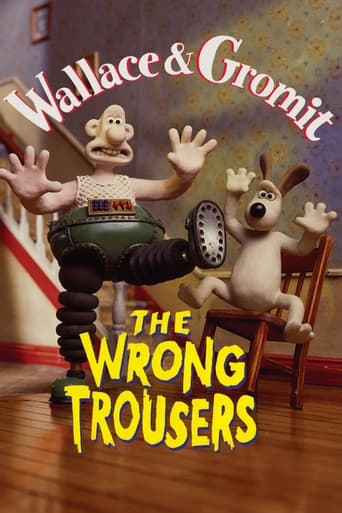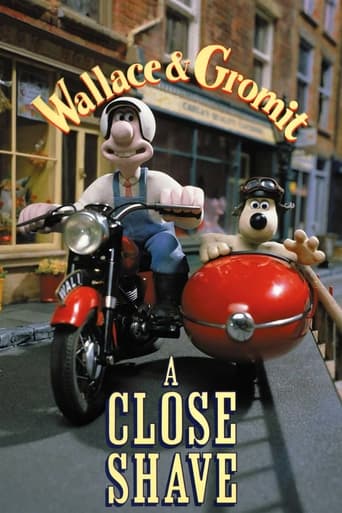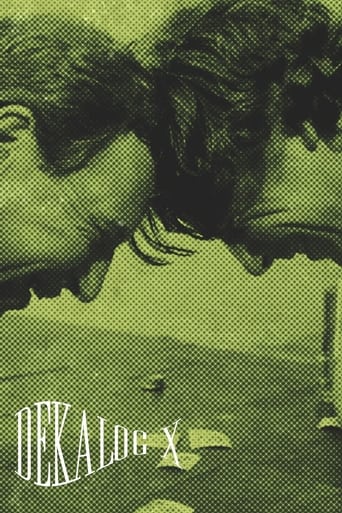
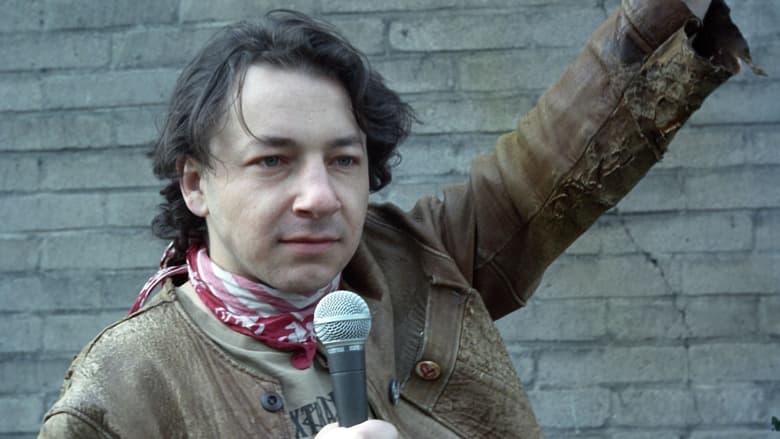
Decalogue X (1989)
Jerzy and Artur’s father dies, leaving behind a valuable stamp collection, which, they discover, is coveted by dealers of varying degrees of shadiness. The more involved the brothers get in their father’s world, the more dire and comical their situation becomes.
Watch Trailer
Cast


Similar titles
Reviews
Best movie of this year hands down!
Really Surprised!
Although it has its amusing moments, in eneral the plot does not convince.
Through painfully honest and emotional moments, the movie becomes irresistibly relatable
Set together, these ten experiments and the two extensions, are must viewing. There's a scope and variety, a rhythm that is almost transcendental. If you like Tarkovsky and Wong, you have to see this transitional event.But taken individually, they are pretty uneven. This is not a good one. Sure, it has lots of the values non-cinematic viewers associate with Kieslowski, but which really come from his partner: story knots and drama.But (as these were shot in order), the man was simply worn out by now. In particular, it has stamps (series of stamps), locks, bodily sacrifice, non-human beings, brotherly containment. All these in another Kieslowski project would be elaborated visually.But not here.Ted's Evaluation -- 2 of 3: Has some interesting elements.
Decalogue 10 - "Though shalt not covet thy neighbor's goods" - is about two brothers, Jerzy (Jerzy Stuhr) and Artur (Zbigniew Zamachowski)who have not seen each other for over two years and meet for a sad occasion - on their estranged father's funeral. Well, it was not too sad because their father never had been too close to them - his obsession and the love of his life was his stamp collection - one of the best and most valuable in Poland. Along with the collection, the brothers inherited their father obsession for stamps and even though they desperately need money, they try to expand the collection, delving in the underworld of devoted philatelists and shadowy dealers (sometimes, there is not much difference between both types) who have known very well about the priceless stamps. Will the brothers be able to expand the collection or to sell it with great profit and live happily ever after? How much and what are they willing to pay for a small piece of paper? You have to see Decalogue 10 to find out. I just will tell you that Kieslowski is always in control here and for such a small amount of time, only 50 minutes, there is so much action, characters development, so many unexpected and original plot turns, such excellent exploring of human emotions and drives that it would (it should, it did for me) keep you riveted to the screen. 10/10
The end of one of the greatest series of all time. A tragicomic and paradoxical story about the desire for possession in-itself, involving the quiet existence of two brothers moved to behave in a foolish way against the will of their father by the hidden springs of human actions.Based on a chain of events due to a singular inheritance, "Dekalog 10" (Thou shalt not covet thy neighbour's goods) is quite different from the other episodes of the series, but its high level of quality is a warranty as to the accuracy of the story. From a cinematic point of view the style is both ironic and grotesque and introduces a rich vein of frisky sense of humor. Kieslowski makes us perceive the necessity of a sigh of relief at the end of his human saga. He likes probably to say good-bye to us with a slight smile hovered on his lips, figuratively speaking. And even if at first sight, judging by appearances, he may seem eager to take a few moments to pause maybe in order to rid himself of all the stress stored in his body after nine destabilizing episodes, (look for instance at the impersonal photographic quality of his sequences, resulting in a less troubled atmosphere) the structure of the story is more complex than one might think. After a more careful probing of the key elements in "Dekalog 10", we can find some emblematic metaphors about the desire for possession merely for the purpose of possession itself. A mystifying anchorage during these difficult times. In the long run such eagerness can spread over the life of the soul like a catching disease, in such a way as to compel the human being to withdraw into himself. But Kieslowski doesn't like playing the moralist: he wants to be a witness, he tries so hard to do a careful investigation about unpredictable human events but doesn't claim to act the Supreme Judge as a substitute for the divine authority.What's left at the end of the whole Dekalog series? The consciousness of one of the higher goals of human talent together with the sensation of an epochal masterpiece of vast proportions. A journey through the complex structure of the human psyche in order to check its reaction mechanisms and reveal every malfunctions in a strict impersonal way. Once again we may be able to draw moral conclusions from what is depicted here: the littleness of man's mind in comparison with the unpredictability of future events.
I just spent a couple of days watching everything by Kieslowski, and after all the gloom of "a short film about killing" and "Dekalog One", it was such a relief to see this beautifully shot comedy about two brothers who inherit their father's precious stamp collection. I won't say anything about the plot, as it is a well-constructed little gem. See it and enjoy it. Stuhr is brilliant as the 'smart one'...


